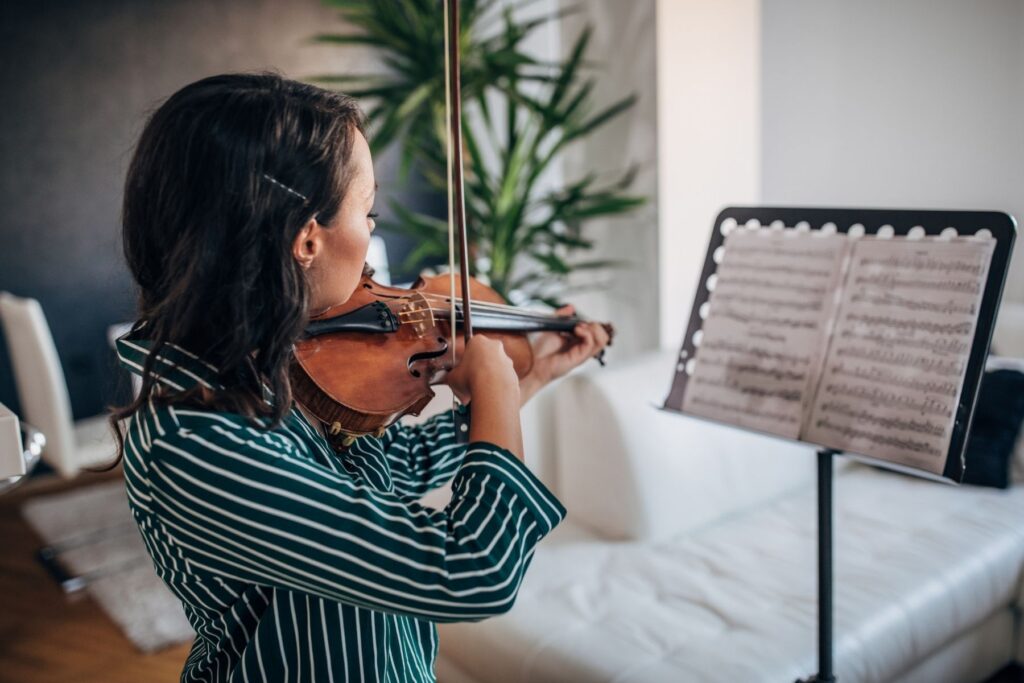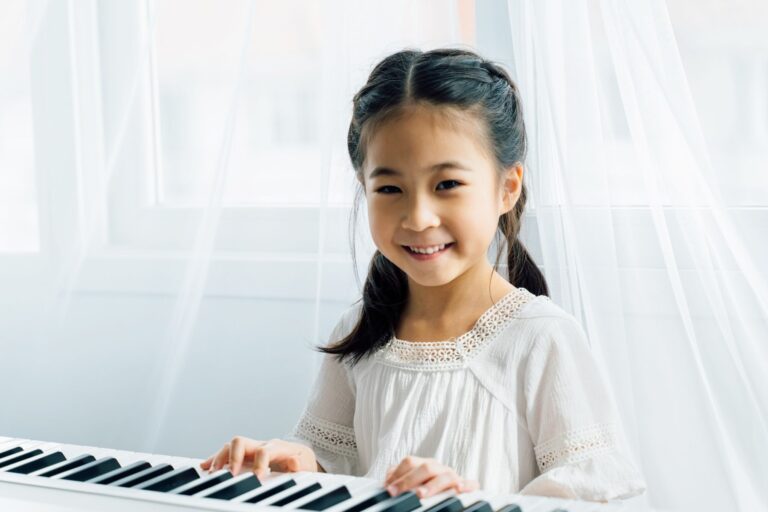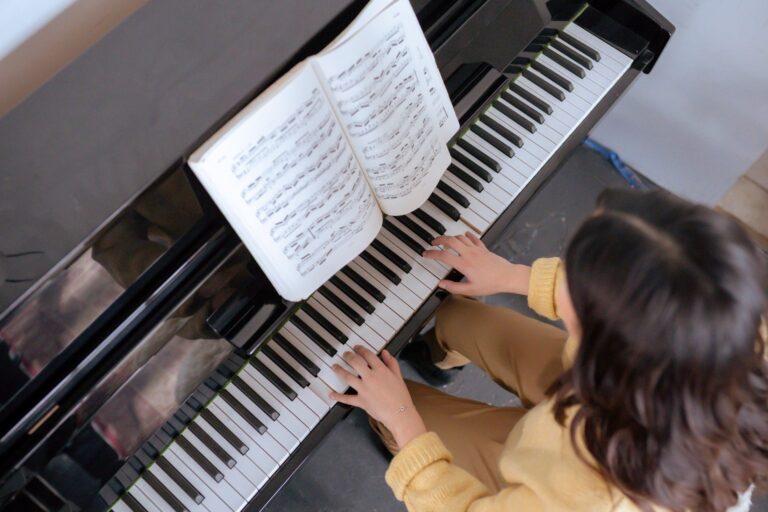A Note to Adult Beginners Who Aren’t Sure They’ll Stick With It
Jia Ling was 32 when she walked into our studio.
“I’ve always wanted to learn the piano,” she said, a little sheepishly. “But I feel silly starting now. I think I’ll be slow. And I don’t even know if I’ll have time to keep it up.”
She came for just one trial lesson. That was six months ago.
Now, she plays pieces she once thought were out of reach.
You’re Not the Only One Thinking This
We often hear:
“I’m too old.”
“I’ll be too slow.”
“What if I can’t commit for the long term?”
As adults, we’re used to being competent, at work, in life. Starting music can feel vulnerable. But here’s what we’ve seen, again and again:
It’s always worth starting.
Even if you go slowly. Even if you pause and come back later. Even if you never take an exam.

It’s Not About How Fast You Go
You don’t need a five-year plan.
You don’t need to be “naturally talented.”
You just need one reason to begin.
Even a few months of music lessons can:
-
Boost confidence
-
Build focus and calm
-
Reconnect you with creativity and play
You’re in Good Company
Some of the most admired classical musicians didn’t follow a perfect path. Many took detours or found success later in life.
Clara Schumann (1819–1896)
A gifted performer from childhood, Clara’s career took a back seat to family and caregiving. Her own compositions gained recognition later in life, proof that artistry can bloom at any stage.
Fritz Kreisler (1875–1962)
Kreisler left music in his twenties to study medicine and serve in the military. Returning to music in his 30s, he went on to become one of the most beloved violinists of the 20th century.
Ignacy Jan Paderewski (1860–1941)
He struggled in his early years and only gained international success in his mid-30s. Later, he even became Prime Minister of Poland, showing it’s never too late to explore different paths.
Sergei Rachmaninoff (1873–1943)
After a disastrous debut of his First Symphony, Rachmaninoff nearly gave up music altogether. With time and support, he returned stronger, becoming one of the greatest pianists and composers of his era.
You’re not behind. You’re right on time for your own musical journey.

What Our Students Gain
Lifelong Love of Music
Our nurturing approach helps students develop a deep, lasting relationship with music — one that grows beyond the classroom.
Improved Performance Results
With personalised guidance and effective strategies, students gain technical confidence and see clear, tangible progress in their playing.
Emotional Intelligence and Well-being
Music supports more than skills — it builds emotional awareness and expression, helping students feel calmer, more resilient, and more connected to themselves.
Ready to Begin?
You don’t have to be fast, perfect, or committed forever.
Just curious enough to try.
We’ll walk with you — gently, flexibly, at your own pace. You might just surprise yourself.


